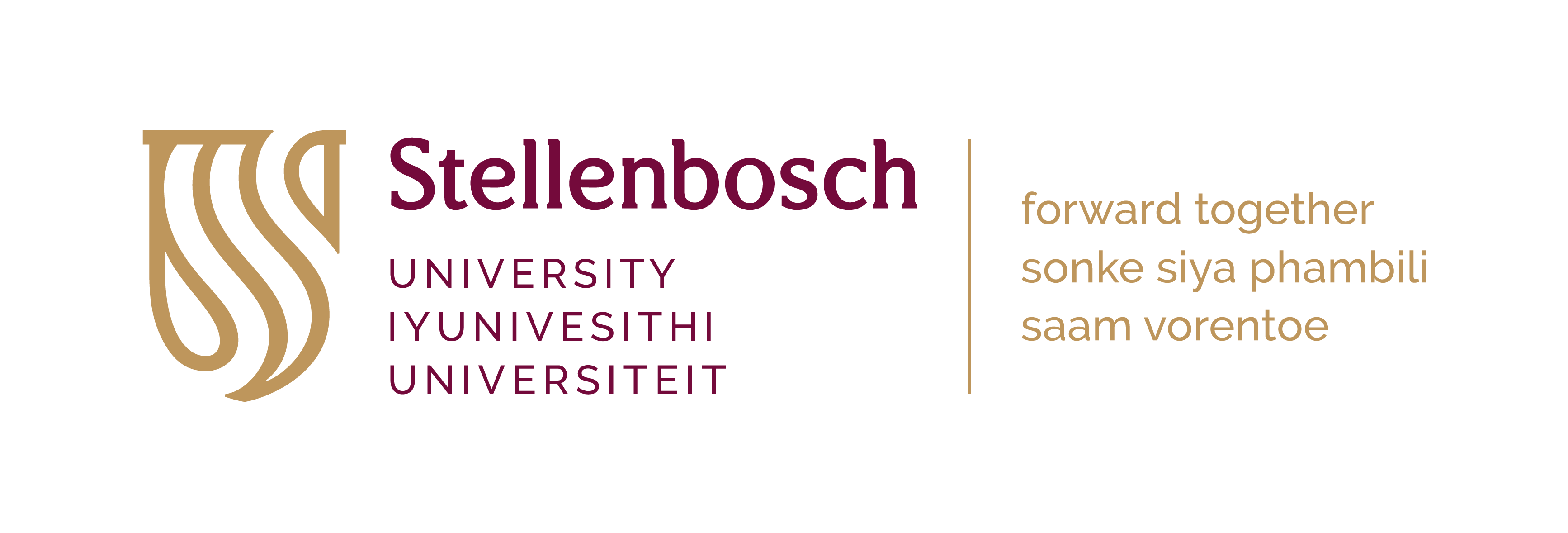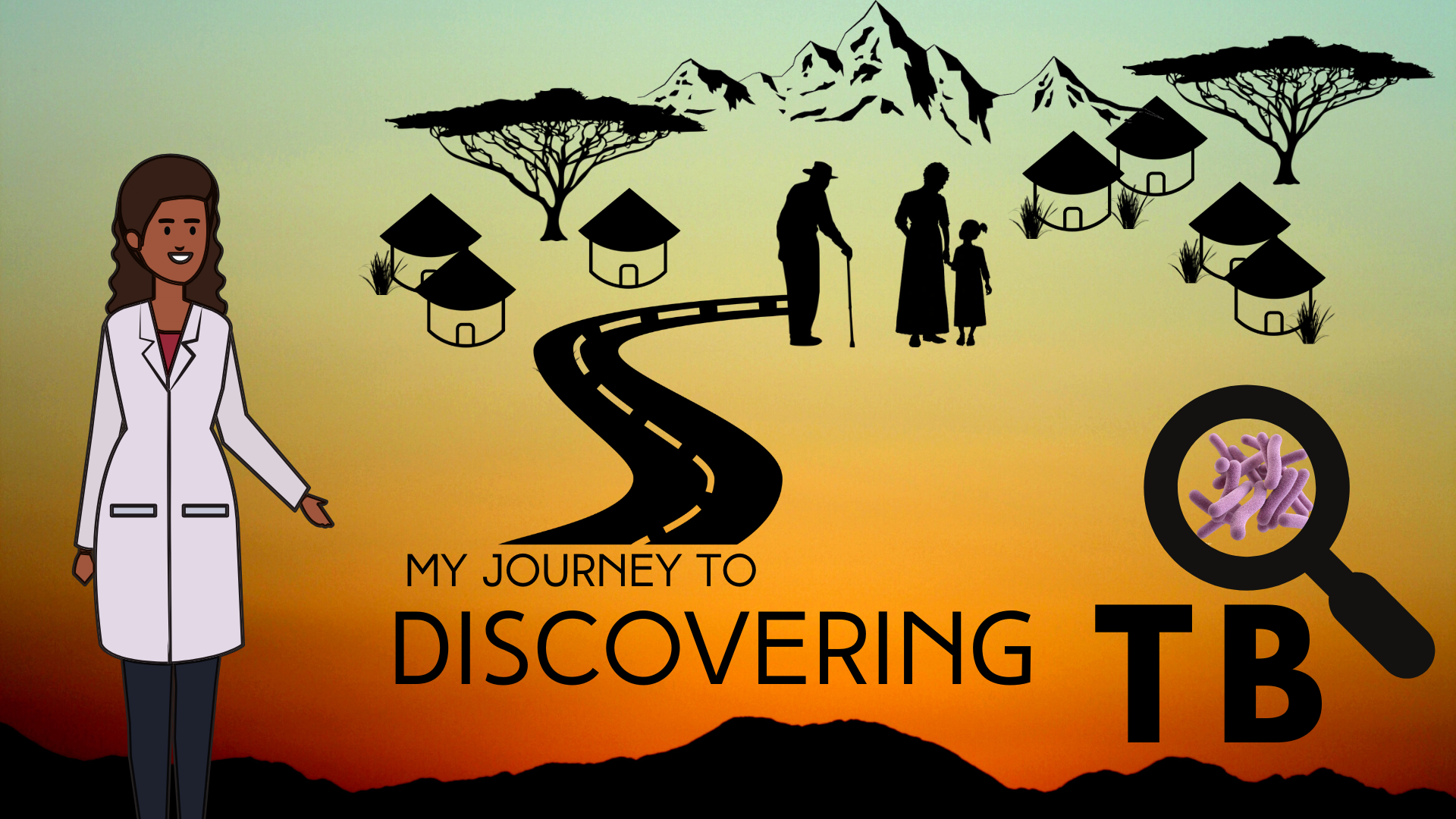Early Saturday morning our house was awaken by the alarm of a landline call which rung unanswered as no one was willing to get out of bed after a tiring week to answer a call in the living room. However, the caller was persistent, and my mother probably out of annoyance took the responsibility to answer the call. My young self at the time could not help but listen in on the call as I was already awake. It was my grandmother on the other end of the call who had walked to a nearby call box – she resides in the rural areas so that walk could have easily been a 3 km walk. My maternal uncle had fallen sick and had been coughing profusely for weeks and his condition had worsened during the night. She was confused on what to do because the only neighbour with a car was unavailable and the small clinic in their area only operated on weekdays.
My parents rushed to pick up my uncle and drove him to the hospital. They came back with my grandmother looking defeated and very tired as they had spent all day at the hospital and the doctor only attended to him late in the day. The doctor said they needed to run tests but hinted to my mother that he might know what is wrong with her brother. My uncle was later diagnosed to have tuberculosis (TB). My parents somewhat had an idea about the disease but still struggled to explain the condition to my grandmother, she was later told he had a very bad cough which will require him to undergo treatment for a minimum of six months and the primary caretaker had to wear a mask to prevent themselves from also getting infected.
Years later, I found myself accepted for a master’s degree in a division whose main research focus is the same disease that had disturbed our morning sleep years ago. My family was very excited about the news but my grandmother who is living with us now because she is too old to live on her own looked a bit confused. She was happy about me get accepted for master’s but was very uneasy about me working on TB as that was the very same disease that had killed her son years ago and feared for my life. I told my grandmother not to fear and I began to explain TB to her and what my project entailed.
TB is a disease caused by a very tiny bug, too small to see with the naked eye. It mostly finds its nest in the human lung but can also reside in other parts of the body like the kidney, the eye and the brain. The brilliant mechanistic function of the body will fight and rid any foreign invasion which tries to infect it. In the case of individuals infected with this bug, the body tries to push this bug out, in the form of small droplets forcing the infected individuals to cough it. However, this bug can survive for 20 minutes to 6 hours in the air, leaving people vulnerable to getting infected through inhaling droplets containing this bug.
It has been estimated that a quarter of the world is infected with this bug. However, only 10% of the infected individuals will develop to have the active form of the disease termed as TB in their lifetime. My research group focuses on the complex system of the body which protects against infections and once invaded it coordinates the body’s response in attack towards the foreign invasion, and this system is called immune system. Picture the immune system as an army camp. The main role of the army is to protect, however, each soldier may be sent to serve in a different camp with the main function still being protection and once there is an attack, to be ready to fight. Soldiers are always ready for battle and that is exactly what the immune system does. It has its own soldiers sectioned in various parts of the body each with a different assignment and execution plan once their camp is attacked. Once attacked, the first line soldiers, which are from the innate immune camp, are responsible for fighting and ensuring the enemy does not dominate. In the event that they are dominated, they send signals for the recruitment/activation of the adaptive immune camp. This camp consists of soldiers who are more equipped for battle, as well as some soldiers that have fought in previous battles and have built a memory base and are quick and effective in overcoming their enemy. My project investigates the immune response of uninfected, infected and TB patients, to better understand the immune system at the different disease states.


